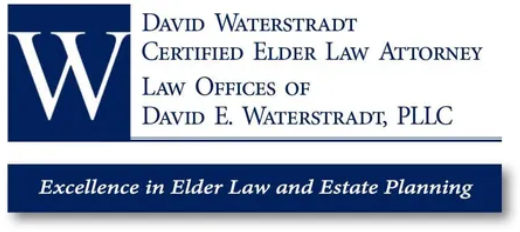
A Comprehensive Guide to Medicaid Planning
Medicaid Planning: What You Need to Know
Planning for Medicaid is a critical aspect of long-term financial planning for individuals and families who want to secure healthcare coverage and protect their assets. As healthcare costs continue to rise and the aging population increases, understanding how Medicaid works and planning effectively will make a significant difference in your ability to access the necessary care you may need.
In this guide, we’re going to cover the fundamentals of Medicaid planning, the strategies involved, and common pitfalls to avoid.
What is Medicaid?
Medicaid is a program run jointly by both the state and federal governments. It provides health coverage to low-income individuals, families, pregnant women, children, the elderly, and people with disabilities. Those covered by Medicaid can access a broad range of services, including hospital stays, doctor visits, long-term care, and much more. Eligibility for Medicaid varies from state to state, as do the benefits.
For the most part, qualifying depends on income, assets, and medical need. Medicaid is the primary source of health care coverage for many aging individuals. It can also become the primary source of funding for long-term care, which can be extremely expensive.
Why is Medicaid Planning Important?
Early Medicaid planning is the best way to ensure your assets are protected. Without proper planning, assets like homes, savings, or other valuables might be deemed countable, which can disqualify individuals. When you plan for Medicaid, you help balance the goal of qualifying for benefits while preserving as much wealth as possible for your loved ones.
Key Concepts in Medicaid Planning
- Spend-Down Strategy: To deliberately reduce assets through legitimate means to meet Medicaid criteria for eligibility.
- Asset Protection: There are legal tools and strategies available to shield assets from Medicaid estate recovery or spend-down requirements.
- Look-Back Period: This is a 5-year period during which asset transfers are scrutinized. Any gifts or transfers made during this window could trigger delays in eligibility and even penalties.
- Exempt vs. Countable Assets: You need to understand which assets are disregarded (such as some vehicles, your home, personal items) and which ones are considered countable (cash, savings, stocks).
Strategies for Medicaid Planning
1. Establishing Legal Structures
- Irrevocable Trusts: When you place assets in trusts, you can protect them from Medicaid estate recovery. This is provided the trust is established properly and the assets are transferred long before you’re in need of care.
- Spousal Resource Protections: You can allow a spouse to retain a certain amount of assets while the other qualifies for Medicaid.
2. Transfers and Timing
- You want to ensure your gifts and transfers happen well outside the look-back period mentioned earlier.
- You need to make strategic gifts or establish trusts long before you need to be admitted into a nursing home.
3. Ownership and Title
- You want to change ownership of assets legally and appropriately so you meet Medicaid criteria without triggering penalties.
- You can use Medicaid-compliant annuities or other legal tools to help with asset management.
4. Purchase Qualified Annuities
- You can convert assets into streams of income that won’t count against your Medicaid limitations.
Risks and Common Pitfalls
- Fraudulent Transfers: Transferring assets so you qualify for Medicaid can be construed as fraudulent. Be sure everything is above board.
- Improper Planning: Waiting too late to plan can leave you unable to qualify or cause loss of assets.
- Ignoring State Regulations: Never ignore state regulations. That’s why it’s essential to hire legal help.
Hiring Legal Help
Medicaid planning is complex, and the financial implications are serious. That is why you need legal help specializing in elder law. This is the only way to develop personalized strategies that align with individual circumstances, legal requirements, and future goals.
Do You Need Medicaid Planning in Muskegon, MI?
If you live in
Fremont,
Norton,
Whitehall,
Coopersville, or the surrounding areas of Michigan and are interested in
Medicaid planning,
contact the Law Office of David Waterstradt. We specialize in elder law so everyone can feel confident their healthcare and assets will be secured for the future.








